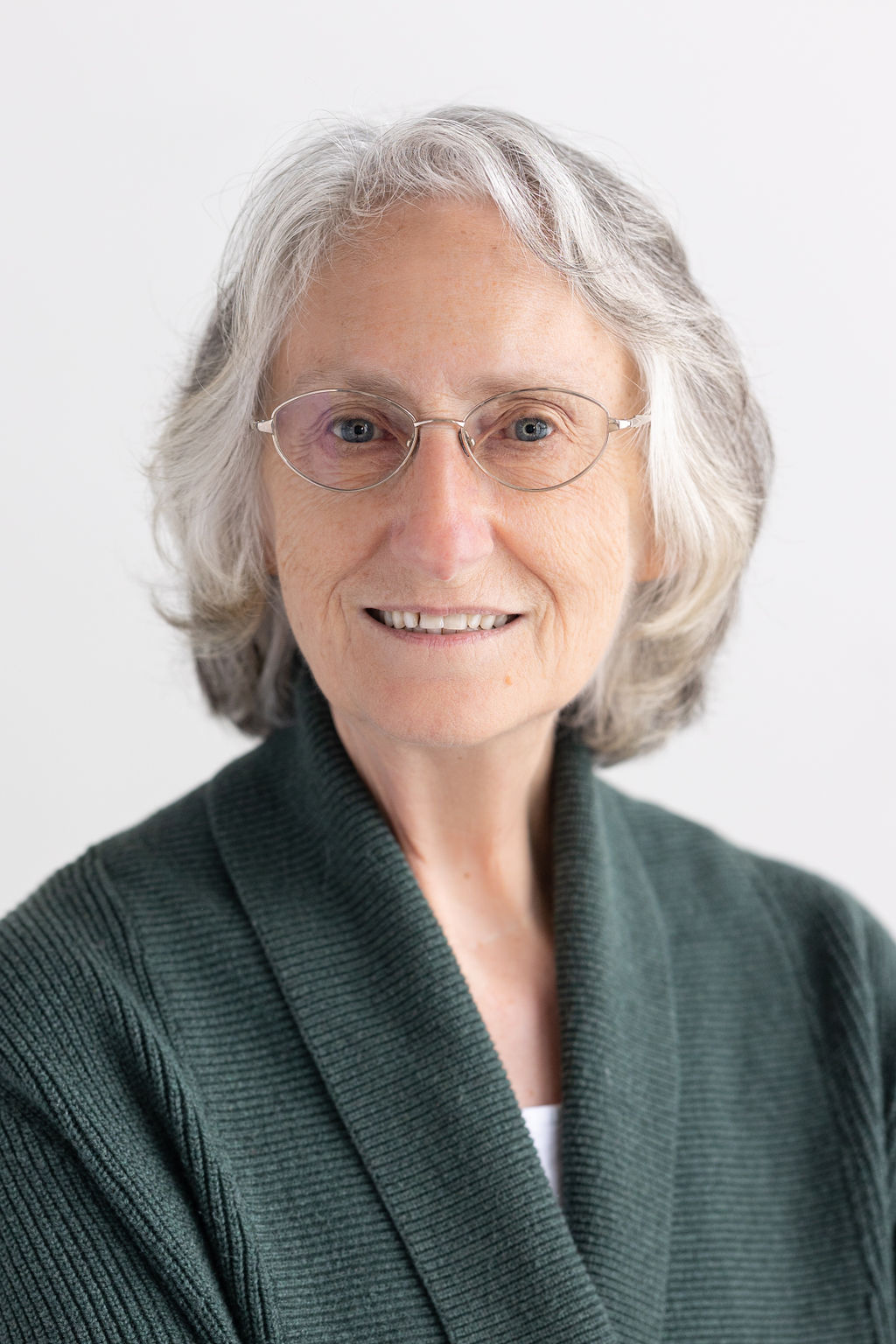
I haven’t always had a roof over my head. In my endlessly shifting childhood, I went from middle class, where I lived, to upper class, when I visited my grandmother, to poverty, when our family finances sank to nothing, and back to middle class, when I emigrated to a country I’d never heard of until two weeks before I got there.
The poverty part was an indirect result of WWII. My father went through hell in that war and tried to resume a “normal life” (whatever that is) after the war. He was a brilliant man, an electronics engineer by profession, and started his own business when the war ended. He used our house as collateral, so when the war caught up with him and he had what was described as a “nervous breakdown” (we’d call it PTSD these days), the business failed and the collateral was called in. Dad had gone to London for treatment by then and Mother and I stood in the rain outside our house while the bailiffs threw furniture out on the lawn and boarded up our house. I was nine and it was 1957.
My next inkling that life had changed was walking the block to the bus stop. We walked right past it because we didn’t have the money for the fare. We walked two miles into town and went to the Overgate. This was a slum that the city was beginning to tear down, so there were open, unused apartments as people were driven out. The remaining occupants of the Overgate moved regularly. As the buildings were demolished from east to west, everyone moved west. First the utilities were cut, then the water, then the windows were taken out and everyone shifted “one to the left,” as they said.
The coincidental event to all this was the flu. First war, then flu. My mother, a social worker, had been pressed into service as a teacher the year before our finances collapsed because so many teachers were out with the flu. They took everyone able-bodied and stuck them in a classroom. Unfortunately, my mother got chronic shingles from a kid who had chicken pox (the one childhood disease she’d escaped). Unable to work, she lay on a pallet trying not to move because of the pain. With no money coming in, something had to be done. I got a before-school job gutting fish in the fish factory in our town, 4:30-7:30 every morning, Monday through Saturday. I got a shilling (12 pence) a week and a piece of fish on Saturday at shift end. The problem was we didn’t have the money for the gas meter, so we were confronted with a piece of raw fish we couldn’t eat. At that time, no one thought “sashimi” and I’m not sure it would have made good sashimi, although it was certainly fresh, having poured out of the back of the fishing boat that morning. Fish was plentiful in the late fifties, overfished a few years later.
Our situation continued until the Overgate was gone. Then we had to sleep on the streets. A former neighbor took pity on us at summer’s end and let us use an apartment above his business (an auto repair garage). I kept my job at the fish factory. Mother eventually got better (after almost two years) and we lived there another year until my father, having now been absent for three years, called us to Canada where he’d moved to get away from the “stigma” of mental illness.
Moving to Canada put me back in the middle class. My father was now teaching in a community college and my mother got a job as a social worker. My first few years in Canada were tough as our family tried to patch itself together and I tried to get along in high school, where I was 12 when the other kids were 15. But that’s another story.
One important element about this story is that I learned the damage of social castes. No one’s better than another. We all want our basic needs met, honest work to enable us to meet our basic needs, family, and a few days of recreation once in a while. I don’t care how much money we have. That’s “it”.
The other important element is that I know how thin the line is between where I sit and homelessness. It’s why I have so much difficulty when approached on the street by someone homeless. I’m looking at myself.
